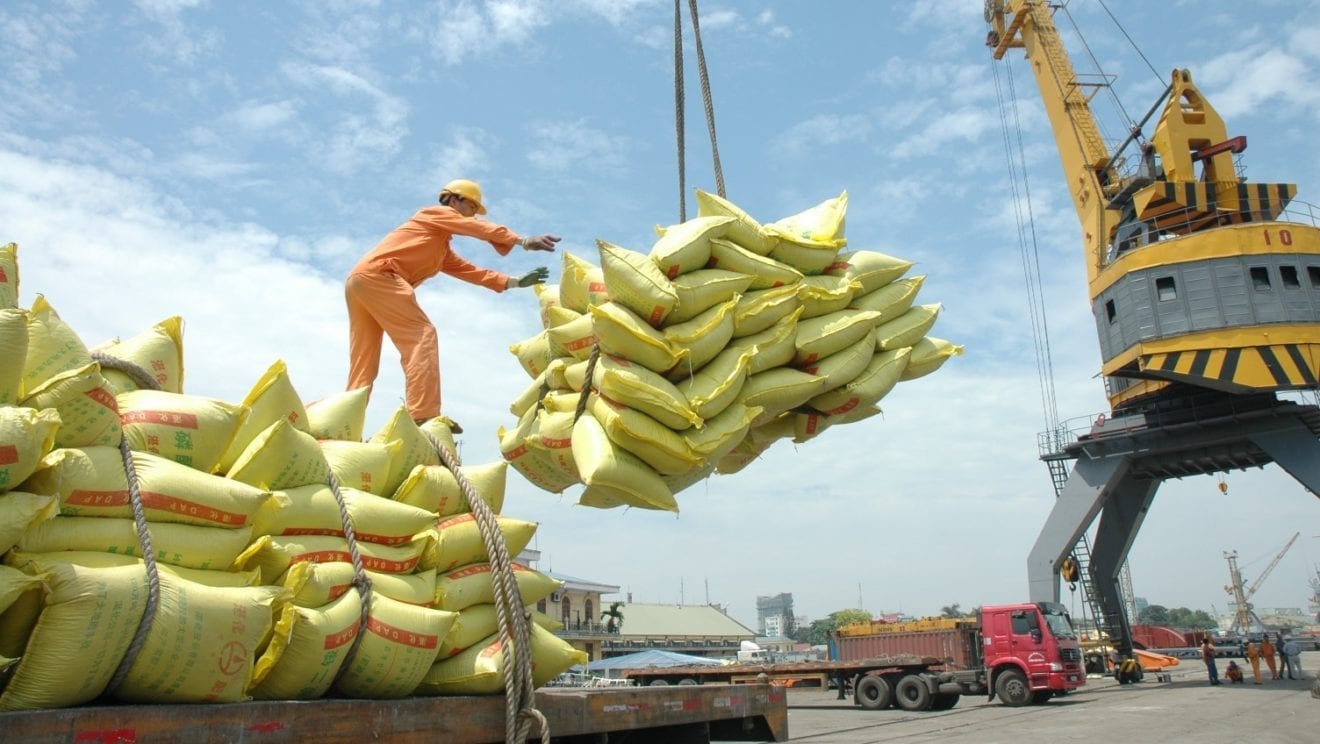Why India banned the export of broken rice?
India is a leading exporter of rice in the world. Recently India imposed a 20% tariff on select rice exports and immediately banned the export of “broken rice. Considering the domestic demand and rice production situation, the Center has prohibited the export of broken rice. India, uses rice primarily to feed animal. It is also used as a component in the manufacturing of ethanol. In comparison to the 2019, the export of broken rice grew by 4178% from April to August 2022. China, Senegal, Vietnam, Djibouti, and Indonesia are the top destinations for exports. In the previous five months, the nation exported roughly 21.31 lakh metric tonnes of broken rice.
The restriction will take effect on September 9. According to the Directorate General of Foreign Trade, Union Ministry of Commerce, the export policy was changed from “free” to “prohibited.” On Thursday, India prohibited the sale of broken rice. India also levied a 20% levy on exports of other grades of rice. The world’s next four largest rice exporters are Thailand, Vietnam, Pakistan, and the United States.
CLICK HERE TO READ MORE……
India owns market share of more than 40% in the world’s rice trade. India is the second-largest consumer of rice after China. Over the past two years, India has offered rice at steep discounts in order to assist poorer countries. Many of which are in Asia and Africa, in coping with rising wheat costs. This has been made possible by high domestic supplies and low local pricing. If India decreases the export of rice, it will increase food inflation in 150 countries.
“The exports may fall to 16-17 MT in this financial year because of the ban on broken rice and 20% export duty.”
All India Rice Exporters Association (AIREA) former president Vijay Setia told PTI
The country was exporting non-basmati rice for $380-400 per tonne. lower than the rate of shipments from other countries. The price realisation is “expected to improve at par with our competitors” after these decisions, Mr. Setia said.
The Hindu
According to the reports paddy plantation would be lesser than the previous year Kharif season. This will be lesser in comparison to the last year. So, the export ban becomes important. It might impact the the price trends and prospects for next crops.
